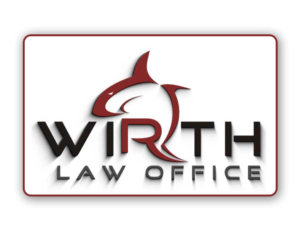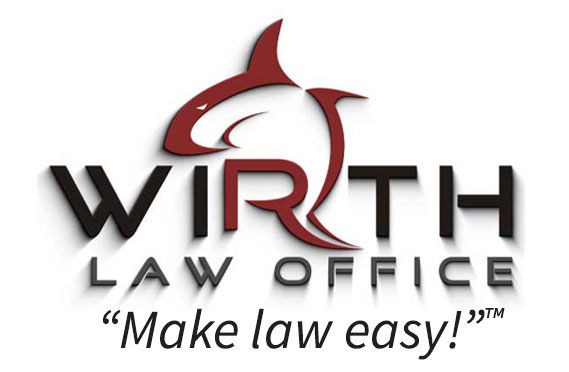Rule Eight Can Determine Fees and Costs When Cases End
 Video Transcribed: Hi, this is Stuart Ericson. I’m an attorney in Oklahoma. Today we’re going to talk about fines and costs and a rule eight hearing.
Video Transcribed: Hi, this is Stuart Ericson. I’m an attorney in Oklahoma. Today we’re going to talk about fines and costs and a rule eight hearing.
So at the conclusion of every criminal case, whether it’s by plea bargain or after a jury trial and your sentence, there are going to be fines, just criminal fines owed and court costs owed. So fines and costs, are all taken care of at the court clerk’s office. That’s where the payments are made, whether by plea bargain or after a trial.
And sometimes they can add up to be a lot. If your case has gone on for a long time, your court costs are going to be high. If there are multiple counts, if you’re charged with five counts of criminal offenses and there’s a plea bargain or a trial, then there are going to be five counts of fines and costs. So it can add up.
A rule eight hearing is after the fact. It’s a hearing that the judge conducts that will look into the ability to pay of the defendant. They will look at what your sources of income are, what assets you have, and your ability to pay.
So usually in a normal case where there is no rule eight hearing, you’ll enter your plea, and you’ll have a certain amount of fines and costs. You’ll go to the court clerk’s office and set up a payment plan. So if your total fines are $1,500, you may set up a payment plan where you’re paying $50 a month or $75 a month. That may be the case. And you just, while you’re on probation, if you’re out, you just pay that and no trouble until you get the zero balance.
But a rule eight hearing is where somebody thinks, I won’t be able to pay those. So you make the motion for the rule eight hearing. The judge will take testimony under oath about income, assets, and the like. And the judge will have options. The judge has the power to dismiss the fines and costs, to waive them, to suspend them, to say, hey, we’re going to delay them until you get more ability to pay. Or not believe the person, say, yep, you can pay, we’re just going to keep this going, or set up a payment plan. So those are the options. All the options are kind of on the table because ultimately fines and costs are something you’re going to have to pay.
If you’re on probation and don’t pay and don’t tell anybody and don’t work it out, they could file an application to take away your probation. If you’re doing good on probation, but don’t pay fines and costs, you could ultimately get a bench warrant out for your arrest for failure to pay fines and costs. So it’s something to take seriously.
It’s something to get on a good payment plan. If you really can’t pay, a rule eight hearing might be what is necessary and worth a shot. So all of those are considerations because ultimately you’re going to have to be or a defendant’s going to have to be successful in paying off their fines and costs.
So if you have any questions about that, reach out to me, Wagoner criminal defense lawyer Stuart Ericson at wagonerlawyer.com.







